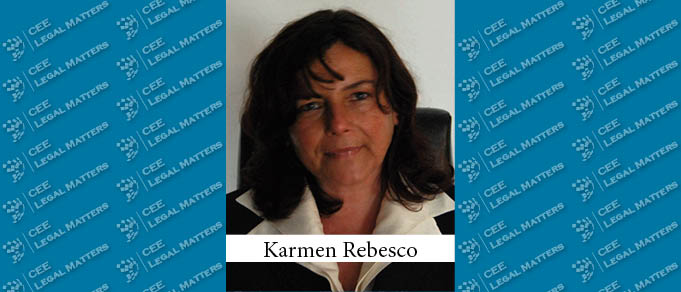All is quiet on the western front for Slovenia – apart from the outcome of the April 2022 parliamentary elections – but concerns over energy, exports, and the potential EU embargo against Russian oil and gas are mounting, according to Karmen Rebesco Law Firm Partner Karmen Rebesco.
“Although to a certain extent predictable, the high percentage of people that decided to vote (70%), the highest since the elections in 2000, is still surprising,” she says. The Freedom Movement and its leader, Robert Golob, captured 34,5% of the votes against the 23,6% garnered by the ruling party. Golob is a former state secretary for energy and the former CEO of a state-controlled Slovenian energy company and, according to Rebesco, “his mandate as chairman ended in November 2021 and was not renewed because it was strongly opposed by the ruling party.”
“In any case, a skilled manager from the field of energy with experience in state administration is certainly something that Slovenia could use, considering the possible embargo the European Union is contemplating against imports of Russian gas,” Rebesco notes. “If it were to come to pass, I think there would be a serious chain reaction impacting swaths of businesses in Slovenia in a very negative way.”
Additionally, Rebesco reports of increased activity on renewables and green energy projects in the country. “The new EU ESG Taxonomy is quite important, of course, but specific legislation incentives would still have to be introduced in Slovenia to make it market-interesting for investors,” she explains. “There will have to be changes made on all levels, from capital adequacy rules onwards – otherwise things will not move.” With the potential to have a major problem with gas imports, she says such changes "would be crucial to enable an efficient switch towards more sustainable and independent sources of energy."
With a significant number of Slovenian businesses being heavily dependent on export/import activities, it is easy to see why Rebesco feels an embargo would be a negative outcome for the country. “Quite some companies in Slovenia have business models that focus on exporting to Russia specifically and, with Russia being such a large and diversified market, it’s clear why,” she explains. “If Russia gets taken completely off the board – including as a consequence of the transaction ban imposed on the Russian banking sector,” Rebesco says that it would be “quite difficult for Slovenian companies to find an adequate substitute market quickly, if at all.”















